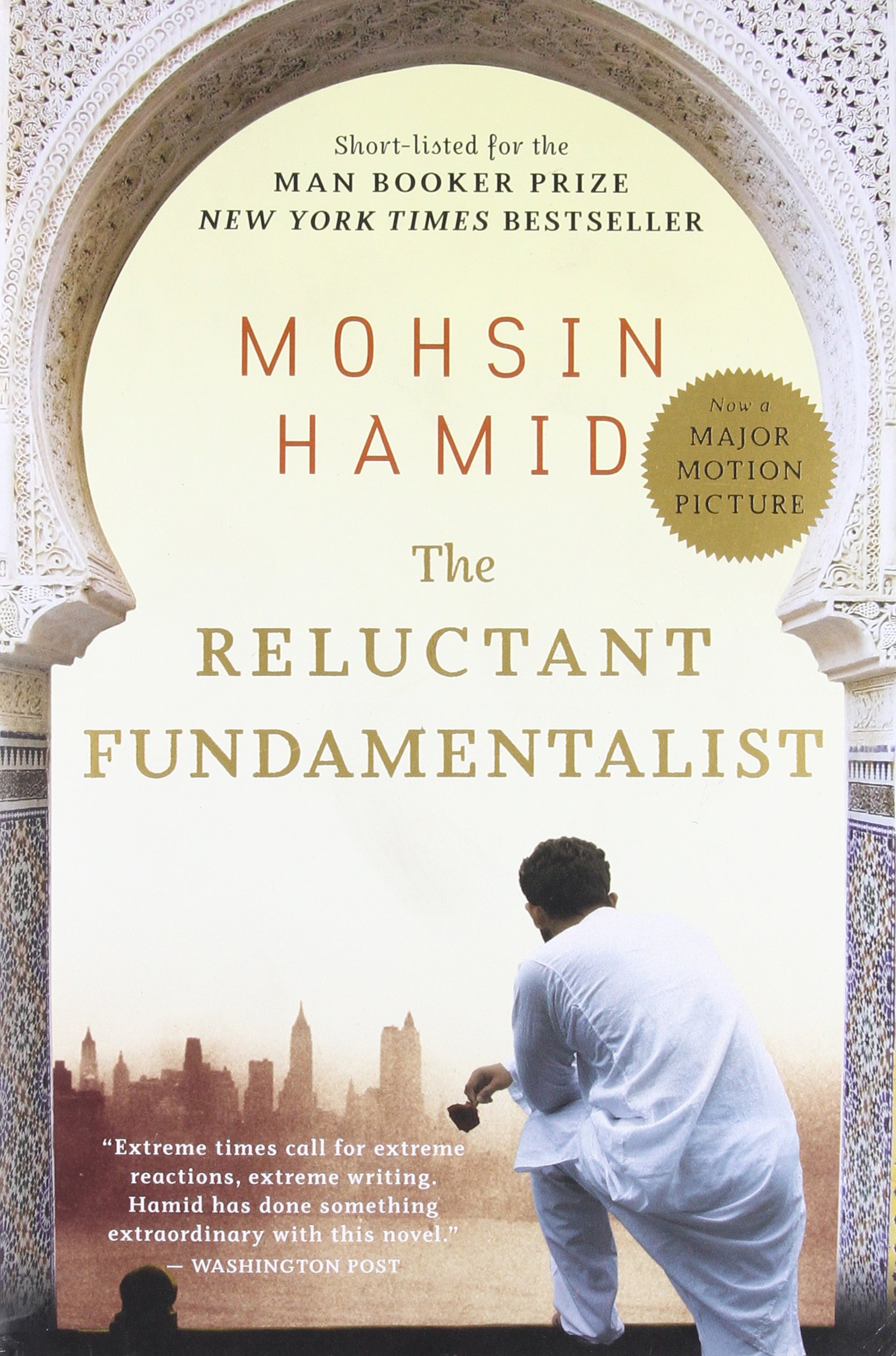When I discovered that all Deerfield students were to read a book by a South Asian author, a story about a Pakistani immigrant moving to America, I was delighted. Finally, there was a book with a protagonist I could relate to. But when I read the book, all I felt was underwhelmed and rather disappointed.

Most students reading The Reluctant Fundamentalist approached it with some hesitation, likely due to the abhorrent reaction the protagonist, Changez, had to the events of 9/11, or because of the rather patronizing writing style. But my main issue with the book wasn’t either of those, both of which the author touched on in his talk on September 27. Instead, what I disliked most was the way Mohsin Hamid represented women in his novel.
The very start of the narrative reveals this tendency, when Changez describes himself as the “perfect breast” which is apparently “tan, succulent, [and] seemingly defiant of gravity.” It’s a vexatious metaphor that, to the best of my knowledge, isn’t a common expression anywhere. The fact that the author chooses, out of all the options possible, to describe his protagonist this way with such uncomfortable detail is rather revealing. But this trend continues, especially highlighted whenever there’s a female in the vicinity.
In nearly every instance that Changez sees a woman, he makes some sort of demeaning remark on her body. From commenting on how attractive two college-aged girls passing by on the street were and staring at them for an extended period of time, to expressing his disappointment at how few women from Princeton decided to sunbathe topless during their trip to Greece, to discussing “the failure of [Erica’s] garments to cloak the memory of those naked breasts” every time he looked at her, he is constantly talking about the appearance of the women around him, some of whom he doesn’t even know. What is equally disturbing is that while fetishizing female bodies, he does not treat them as intelligent, capable human beings.
Erica and Changez’s relationship exemplifies the deep lack of respect toward women in the story. He should be pursuing Erica because he genuinely likes her as a person and enjoys her company. Instead, he thinks of her merely as a sexual object. This is especially troubling as she was so vulnerable and constantly reminded of Chris’s death. We barely get to learn anything about Erica’s personality or why exactly she tied so much of her happiness with Chris. Instead, the audience is forced to read through long passages describing Erica’s body. Even during the scene where they almost have sex before she starts crying, Changez seemed more frustrated that she didn’t enjoy it than concerned for her well-being.
I appreciate that the English Department is presenting a novel by a minority author who delves into unconventional but relevant contemporary issues and is willing to discuss the book directly with students. However, I wish the author had handled the topic of women in his book better, especially considering the many stereotypes surrounding traditionally Muslim countries on how they perceive and treat women. I realize that the author might be writing this way on purpose to point out the dangers of treating women this way. But if that is the case, his goal is not clear, and readers can easily misinterpret the novel to mean he is encouraging such behavior. Instead of celebrating the book for bringing to light the prejudices against minorities and people of color, I felt disgusted and even offended.
Reading diverse narratives is vital in understanding perspectives that we do not have the opportunity to experience firsthand, but it is my sincere belief that there are many better options available. For instance, Chimamanda Ngozi Adichie is a well-known author who has written many books about Nigerian girls and women. Khaled Hosseini wrote The Kite Runner, which is centered around a boy in Afghanistan and discusses the struggles of having a mixed identity and feeling like you don’t belong anywhere. Jhumpa Lahiri is the best-selling south Asian author of Interpreter of Maladies. All of these books retain a similar theme to The Reluctant Fundamentalist without perpetuating harmful and prejudiced stereotypes against the countries they are about.

